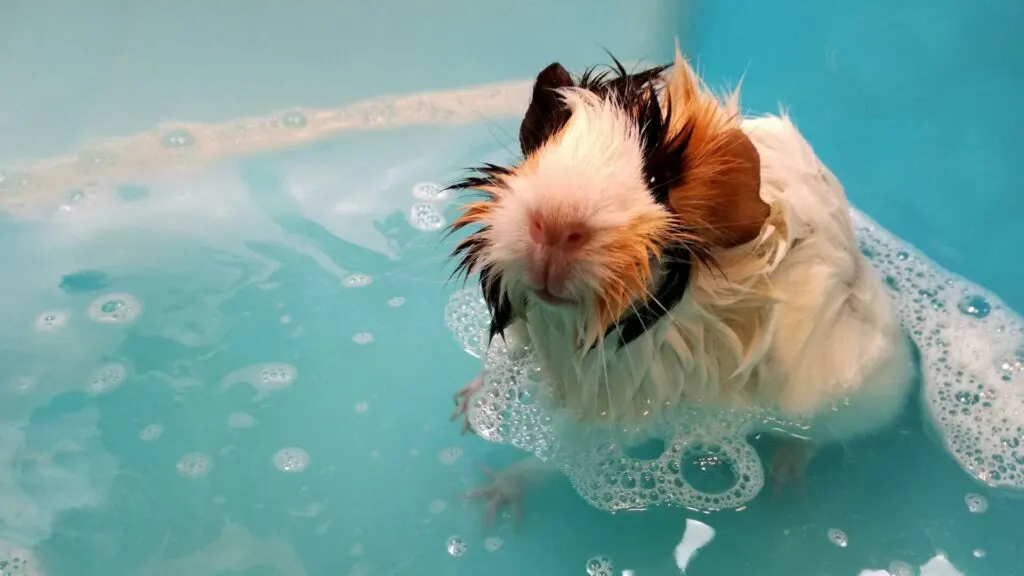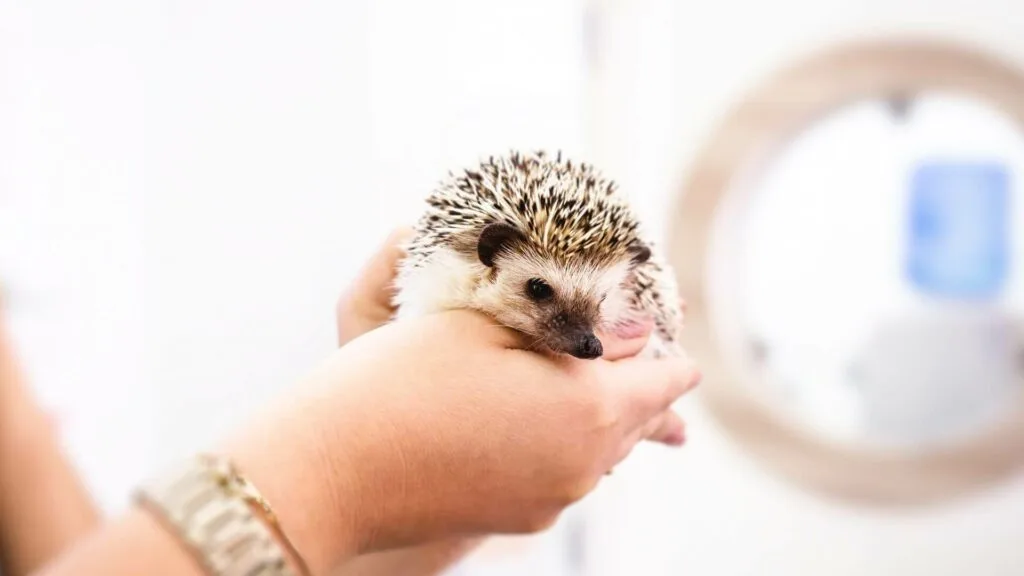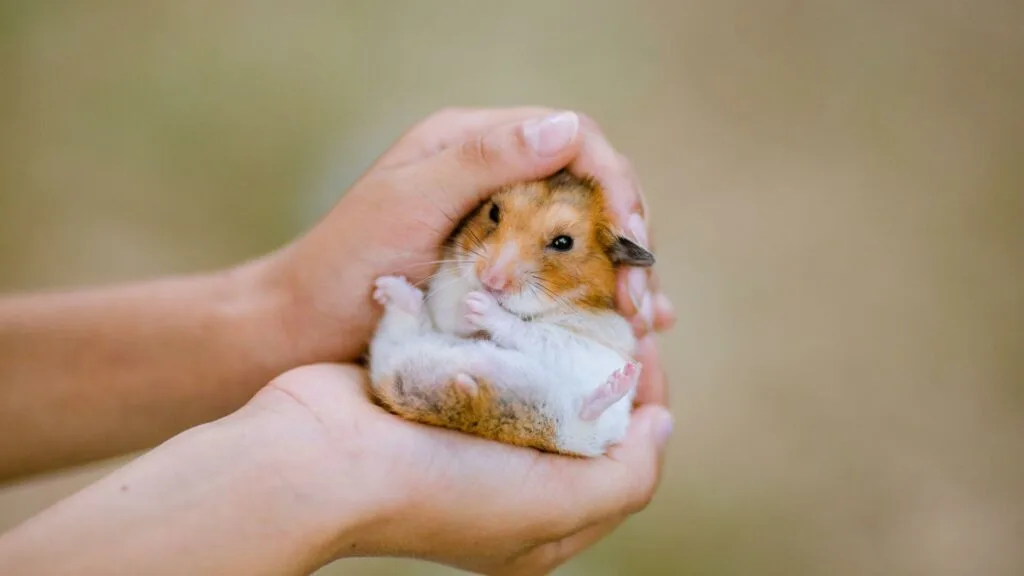Small pets, whether furry, feathery, or scaly, bring immeasurable joy and companionship into people’s lives. Their petite size doesn’t diminish the responsibilities of caring for them. The care and attention given to these tiny creatures play a significant role in their health, happiness, and overall well-being. This comprehensive guide will provide invaluable insights and practical tips on taking care of small pets.

Choosing the Right Small Pet
Selecting a small pet that aligns with your lifestyle, preferences, and living situation is the first step toward responsible pet ownership. Each type of small pet has unique requirements, behaviors, and characteristics. If you want to learn more, try to explore online to find high-quality guides for hamster owners or tips for caring for guinea pigs. Also, consider factors such as:
- Time Commitment: Some small pets, like hamsters and guinea pigs, require less daily interaction, while others, such as rabbits and rats, thrive on regular human interaction.
- Space Availability: Ensure you have enough space for a suitable habitat and accessories. Some small pets, like reptiles, might need specialized enclosures.
- Allergies: Be mindful of any allergies you or your family members may have to certain types of pets.
- Lifespan: Small pets have varying lifespans, so consider the long-term commitment.
- Social Interaction: Research the pet’s social needs and determine if you’re willing and able to meet them.

Housing and Habitat
Providing a comfortable and safe habitat is crucial for the well-being of your small pet. The enclosure should be spacious, appropriately ventilated, and conducive to the pet’s specific needs. For rodents, provide a cage with horizontal bars for climbing, tunnels, hideouts, and platforms for exercise. Bedding materials, such as aspen shavings or paper-based bedding, should be changed regularly. A spacious hutch with a separate sleeping area and a more extensive exercise space, such as a playpen or rabbit-proofed room, is ideal for rabbits. Provide appropriate bedding and a litter box.
Meanwhile, a roomy cage with a solid bottom is essential for guinea pigs, as they can’t climb wire bars. Furnish the cage with hiding spots, tunnels, and cozy bedding. A large, well-ventilated cage with horizontal bars for perching and flying is necessary for birds. Include toys and swings to keep them mentally stimulated. Regarding reptiles, research the specific habitat requirements for the reptile species you’re keeping. Temperature, humidity, substrate, and lighting should be tailored to their needs. Lastly, depending on the species, a proper-sized aquarium with appropriate filtration and water conditions is essential for fish.
Nutrition and Feeding
A balanced diet is the pillar for the perfect health of your small pet. Research the dietary needs of your specific pet and consult a veterinarian for guidance. General feeding tips include offering high-quality commercial rodent food pellets, fresh fruits, vegetables, and occasional treats like nuts or seeds. Provide unlimited hay for proper digestion, fresh vegetables like leafy greens, and a small amount of high-fiber pellets for rabbits and guinea pigs.
Offer a mix of commercial bird food, fresh fruits, vegetables, and occasionally cooked grains or eggs for birds and feed a diet that matches the natural feeding habits of the species, which may include insects, rodents, or vegetation for reptiles. Finally, choose appropriate fish food for the species, and consider supplementing with live or frozen food for some varieties.

Healthcare and Veterinary Visits
Regular veterinary care is essential to ensure the health and well-being of your small pet. Schedule regular check-ups with a veterinarian experienced in treating small animals. Additionally, watch for signs of illness, such as behavior, appetite, or appearance changes. Address any health concerns promptly. Some small pets may be prone to parasites like fleas, mites, or ticks. Consult your vet about appropriate prevention measures.
Dental issues are common in small pets. Provide appropriate chew toys and monitor their teeth. Some species, like rabbits, may require regular dental maintenance by a veterinarian. Depending on the species, vaccinations may be recommended to prevent certain diseases. Regularly trim your pet’s nails to prevent overgrowth, which can lead to discomfort or health issues. Grooming needs vary among small pets. Brush the fur of rabbits and guinea pigs to prevent matting, and provide regular baths or misting for reptiles to aid shedding.
Caring for small pets is a rewarding and fulfilling responsibility that brings joy, companionship, and a sense of purpose to our lives. You can provide your small companion with a happy and healthy life by choosing the right pet, providing suitable habitat, offering proper nutrition, ensuring regular veterinary care, and fostering social interaction and enrichment. Remember that each small pet is unique, so take the time to understand their specific needs and behaviors. With dedication, patience, and love, you can create a nurturing environment that allows your small pet to thrive and flourish as an integral part of your family.

Jessi is the creative mind behind The Coffee Mom, a popular blog that combines parenting advice, travel tips, and a love for all things Disney. As a trusted Disney influencer and passionate storyteller, Jessi’s authentic insights and relatable content resonate with readers worldwide.
